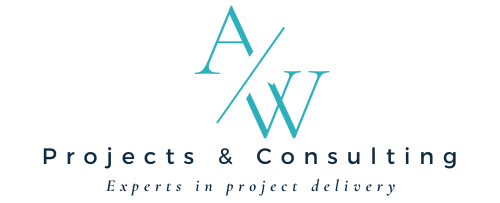Ensuring Project Success: The Importance of Effective Quality Management
In the realm of project management, quality management isn’t just about meeting specifications—it’s about exceeding expectations and delivering outcomes that satisfy stakeholders. Effective quality management ensures that projects not only meet their objectives but also uphold high standards of performance, reliability, and customer satisfaction. In this article, we delve into the importance of quality management and provide actionable tips to implement it effectively.
Understanding the Importance of Quality Management
- Customer Satisfaction and Stakeholder Confidence:
- Quality Assurance: By implementing robust quality assurance processes, projects can consistently deliver products or services that meet or exceed customer expectations. This enhances customer satisfaction and builds trust among stakeholders.
- Risk Mitigation and Cost Control:
- Quality Control: Rigorous quality control measures help identify defects or issues early in the project lifecycle, minimizing rework and associated costs. This proactive approach also mitigates risks related to project delays or failures.
- Enhanced Organizational Reputation:
- Consistency and Reliability: Projects known for their quality output enhance the reputation of the organization. They attract repeat business and new opportunities based on a track record of reliability and excellence.
- Operational Efficiency and Effectiveness:
- Process Improvement: Quality management involves continuous process improvement. By identifying inefficiencies and optimizing workflows, projects can operate more efficiently, saving time and resources.
- Compliance with Standards and Regulations:
- Adherence to Requirements: Quality management ensures projects adhere to relevant standards, regulations, and industry best practices. This compliance reduces legal and regulatory risks and demonstrates commitment to quality and safety.
Tips for Implementing Effective Quality Management
- Define Clear Quality Objectives and Criteria:
- Tip: Establish specific quality objectives aligned with project goals and stakeholder expectations. Define measurable quality criteria to evaluate project deliverables against.
- Create a Quality Management Plan:
- Tip: Develop a comprehensive quality management plan that outlines roles, responsibilities, processes, and procedures for ensuring quality throughout the project lifecycle.
- Implement Quality Assurance Processes:
- Tip: Integrate quality assurance activities into project planning and execution. Conduct reviews, audits, and inspections to verify adherence to quality standards and requirements.
- Utilize Quality Control Measures:
- Tip: Implement checkpoints and quality control measures at key stages of the project. Perform testing, verification, and validation activities to identify and correct defects promptly.
- Engage Stakeholders in Quality Assurance:
- Tip: Involve stakeholders in quality assurance activities. Seek feedback and input to ensure that their expectations are met and to enhance collaboration and transparency.
- Monitor and Measure Quality Performance:
- Tip: Use metrics and key performance indicators (KPIs) to monitor quality performance throughout the project. Track progress against quality objectives and adjust processes as needed.
- Continuous Improvement and Learning:
- Tip: Foster a culture of continuous improvement. Encourage team members to suggest improvements, learn from past projects, and implement lessons learned to enhance future project outcomes.
- Invest in Training and Development:
- Tip: Provide training and development opportunities for team members involved in quality management. Ensure they have the skills and knowledge to implement effective quality practices.
Conclusion
Effective quality management is not just a process—it’s a mindset that permeates every aspect of project execution. By prioritizing quality, organizations can enhance customer satisfaction, mitigate risks, and improve operational efficiency. Implementing structured quality management practices, engaging stakeholders, and fostering a culture of continuous improvement are key to achieving consistent project success. Incorporate these tips into your project management approach to elevate quality standards and deliver outcomes that exceed expectations. Remember, quality management is a cornerstone of long-term success and organizational excellence.







